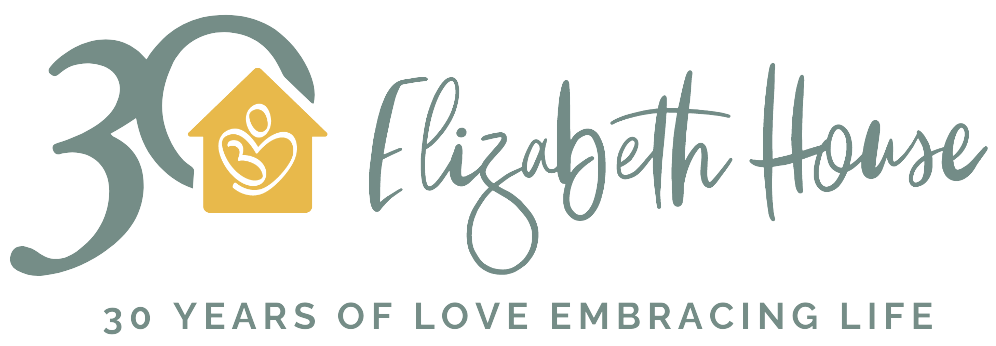Building Resilient Communities in the Face of Adverse Community Experiences (ACEs)
Written by Christine Buckley, Director of Development
When a woman walks through the doors of Elizabeth House, she very often arrives not just with a broken spirit but with a broken body. Her body houses multiple traumas.
Over the past two decades, the impact of Adverse Childhood Experiences (ACEs), such as divorce, abuse, poverty, and parental incarceration, to name a few, has been widely researched. We’ve learned that ACEs result in trauma that is stored in the body and can actually change the structure of the brain. The more ACEs one has experienced, the more one is likely to develop mental illnesses like depression or anxiety, and die of diseases like cancer, heart disease and diabetes.
Trauma refers to a series of maladaptive thoughts and behaviors that are the product of the mind and body trying to protect itself from further harm. In over 25 years of service, Elizabeth House has seen, first-hand, the deep impact of trauma on interpersonal relations. This impact extends to many others, including children who despite never having experienced the traumatic event themselves, inherit the associated health problems. In this way, trauma is passed down through generations.
As damaging as individual trauma is, Adverse Community Experiences are also destructive. Structural and systemic inequities, violence, economic stress, crime, gentrification and displacement, lack of green space, and natural disasters can all cause collective trauma. We know from our work with Childhood ACEs that everyone needs to be seen, safe and soothed, especially after experiencing trauma.
The same is true for communities as a whole. Only community connection and participation in healing can reverse the effects of a community-wide ACE. As one of our alumni, Gina, expressed “Elizabeth House reminded me that I'm of value to my family and society.” Yet, she and all our alumni still have to fight systems and circumstances of marginalization, under-representation, and lack of visibility that cause trauma and undermine the connections they need. Healing trauma and building resilience, at both individual and community levels, is critical to creating peaceful, sustainable and nurturing communities.
At Elizabeth House, we practice trauma-informed care. Whether it is in weekly therapy, case management, mother-child dyad bonding exercises, or simply in how we relate with the women we serve, it is all rooted in the trauma-informed model. We have also learned the importance of body and breath work in healing trauma. Yoga, laughter, deep breathing, massage, blowing bubbles, and spending time in nature are all powerful ways to rewire the brain into a state of safety, and thereby creating healthier functioning throughout the lifespan.
In 2020, we will launch our new Center for Mother and Child Wellbeing, which will provide trauma-informed services to mothers in the community who have shelter but need support. To launch the new Center, we have been expanding our community connections to provide care aimed at building healthy and resilient communities. One such partner, Peace Over Violence, offers a comprehensive approach to creating healthy relationships, families, and communities.
Building community connections – together – is critical to increasing resilience. Together, we can work to change the systemic inequities that create trauma and undermine healing.
Information from this blog post gleaned from: All Saints Church Pasadena; Andy Lipkis (TreePeople); BRIDGE Housing Los Angeles; Young and Healthy; Peace Over Violence; and The Prevention Institute.

